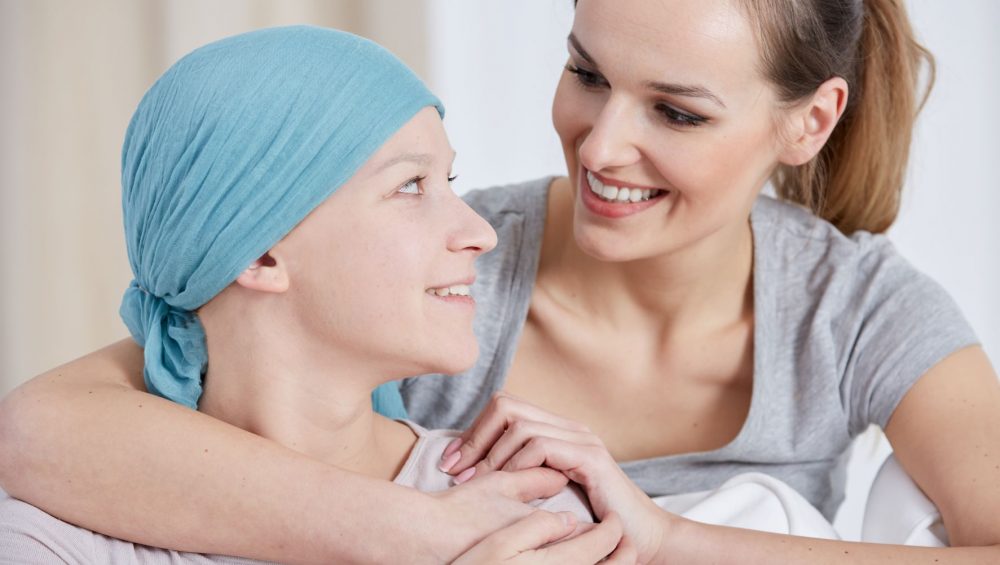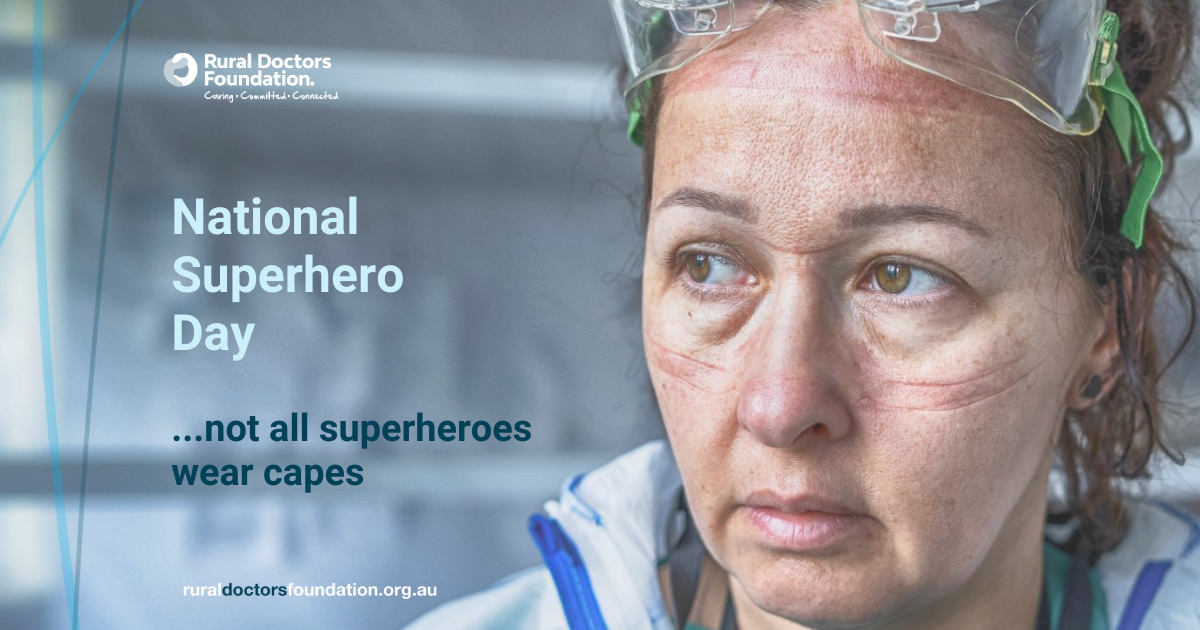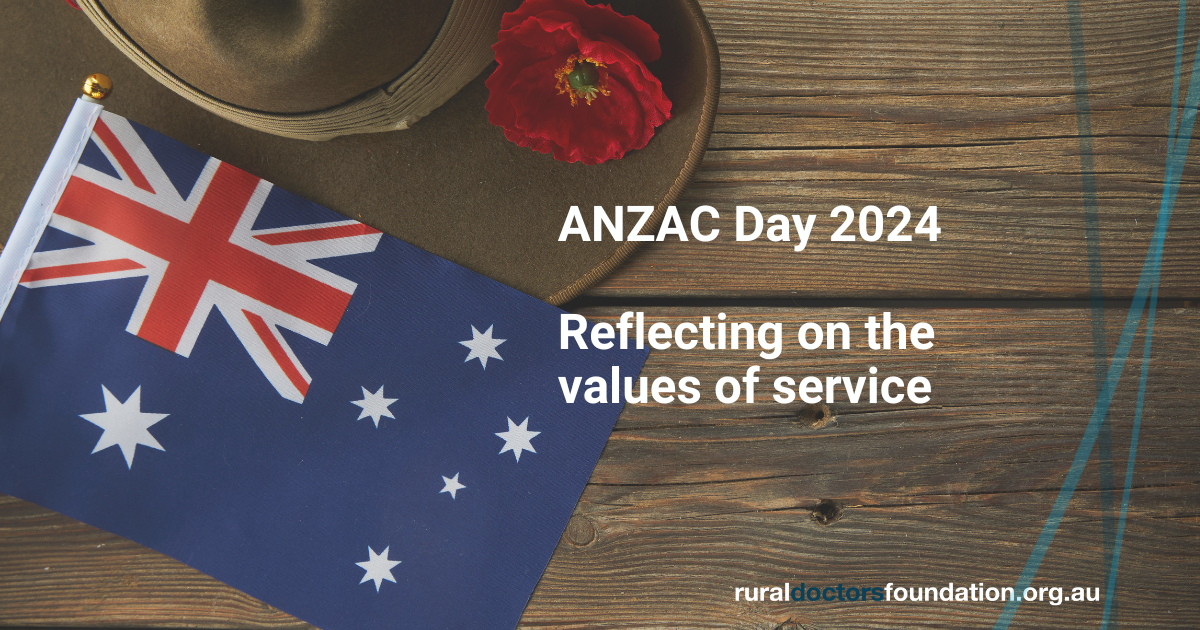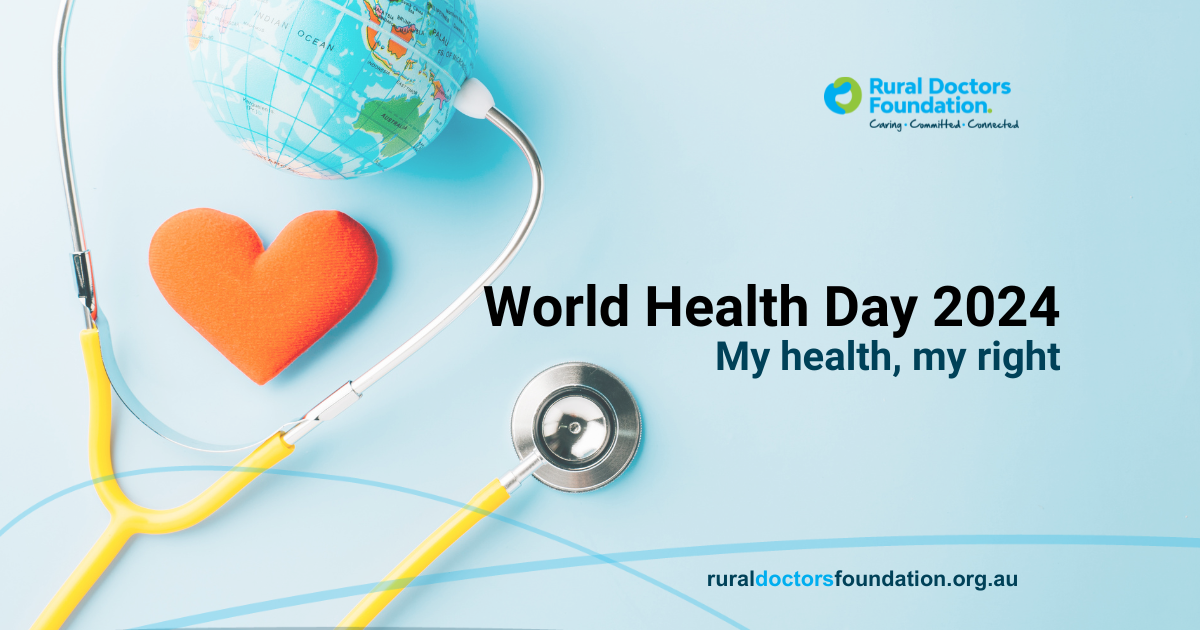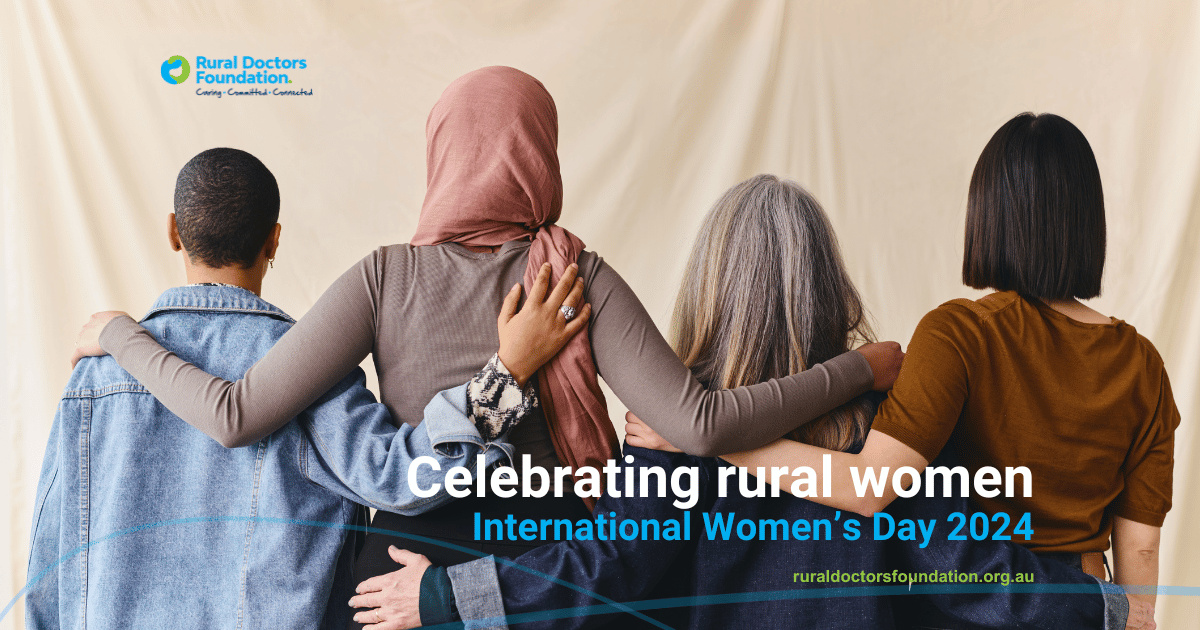Cancer is currently the number one cause of death in Australia, taking the lives of approximately 50,000 Australians each year. However, despite the high prevalence, many misconceptions about cancer still manage to circulate.
Cancer is a disease characterised by uncontrollable cell growth. It presents itself in hundreds of different forms, such as breast cancer and lung cancer. Each form has its own set of unique symptoms and treatment approaches.
For those living in rural communities, the impact can be not only devastating, but wide-reaching. Rural communities are close-knit so a cancer diagnosis often impacts the entire community. Also, there is greater impact on families with long distance travel and separation often required for treatment.
Rural doctors play a significant role in supporting not only the patient through a cancer diagnosis, but also their family and the community. They are also connected to many support organisations and can provide valuable information and resources to help a family understand the options and support that is available to them.
MYTHS
MYTH: Artificial sweeteners make you more prone to cancer
Artificial sweeteners are sugar alternatives found in many modern-day foods such as low-calorie soft drinks. No reputable evidence has been found to this date, linking artificial sweeteners with cancer development in humans. Managing your day-to-day nutrition and limiting proven risks such as processed food and alcohol consumption, are more effective in reducing your risk of developing cancer, than cutting artificial sweeteners.
MYTH: Cancer is contagious
Unlike Covid-19, cancer cannot be passed by either direct or indirect contact. If a cancer cell from a person with cancer were to find its way to a healthy person, their immune system, which fights foreign bodies, would destroy the cancer cell.
MYTH: Chemotherapy causes permanent hair loss
Though there are rare instances where chemotherapy causes permanent hair loss, in most cases, hair begins to grow back at the end of the course.
MYTH: If everyone in my family has cancer, I will inevitably get cancer
Different forms of cancer come about in different ways. Most common cancers are a result of gene modifications that occur in a person over the course of their life. These modifications are the result of many factors, including environmental, genetic, and random. In a minority of cases (3-10%), the development of cancer is the result of a mutation on a gene that was inherited from a person’s parents.
MYTH: Mobile phones cause cancer
Radiofrequency electromagnetic energy (RFE) used by mobiles has not been shown to cause cancer mutations or DNA damage. Numerous studies have shown short to medium-term (under ten years) use of mobile phones to have no effect on increasing the risk of cancer. However, research is still underway regarding the effects of long-term mobile phone usage.
MYTH: Burn foods cause cancer
When food is overcooked, particularly carbohydrate-rich foods, a substance called acrylamide is formed. In its’ industrial form, acrylamide is a known toxin and carcinogen. However, there has not been enough substantial evidence proving a link between the consumption of acrylamide from cooking foods at high temperatures and the development of cancer.

